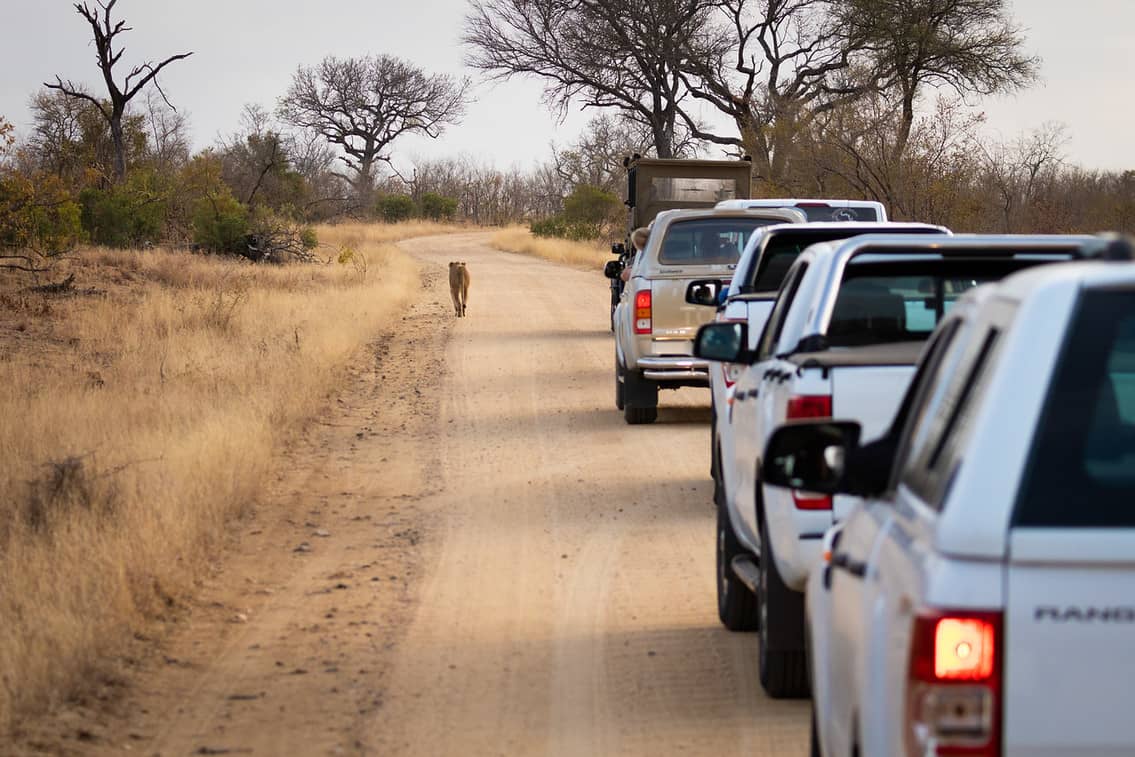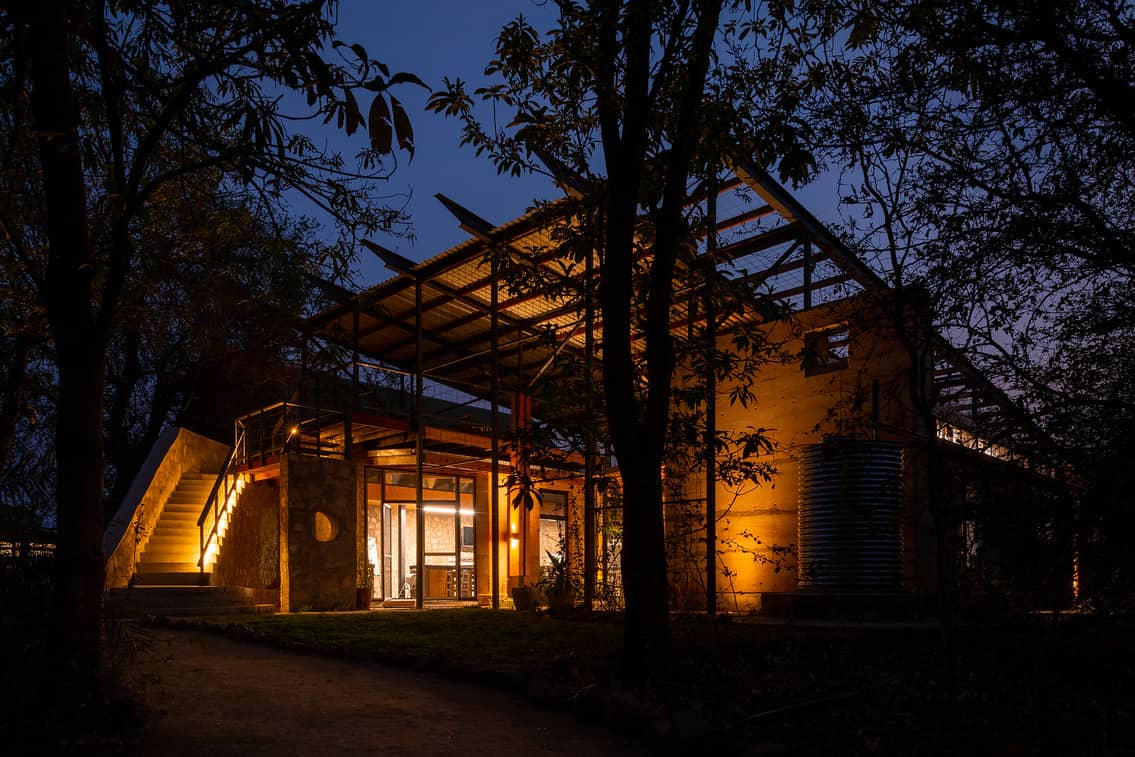
Skukuza Science Leadership Initiative (SSLI) Campus officially opened in September 2017.
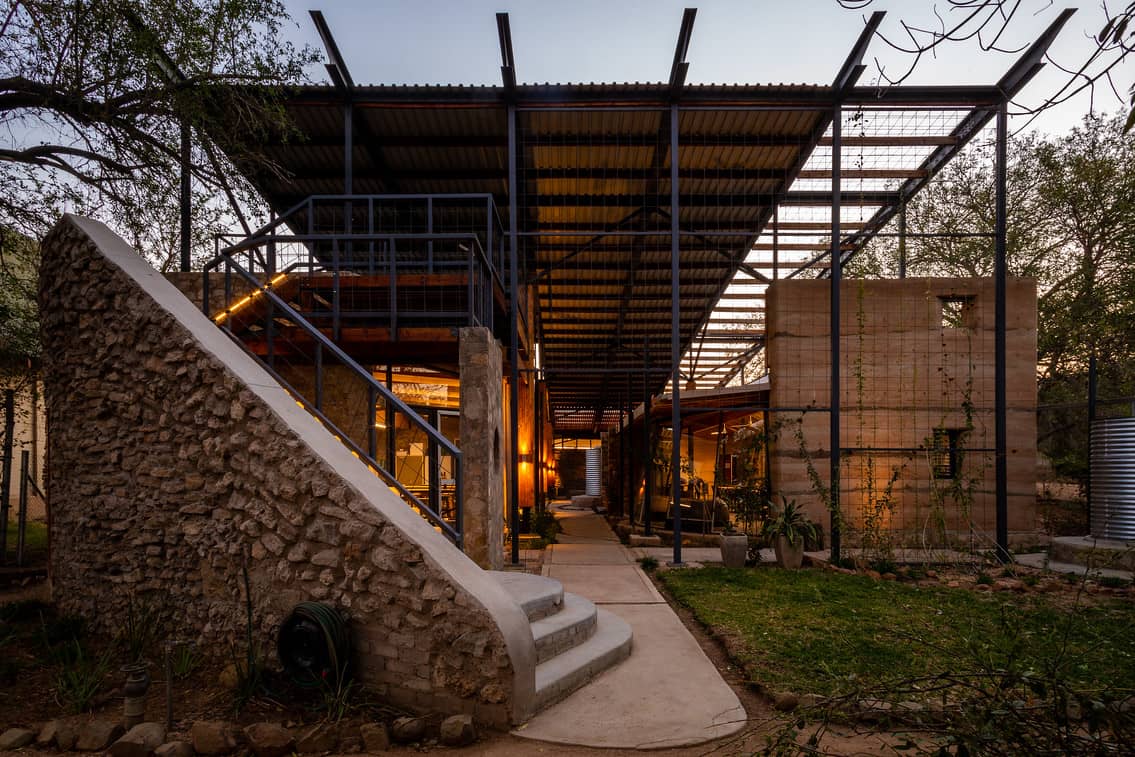
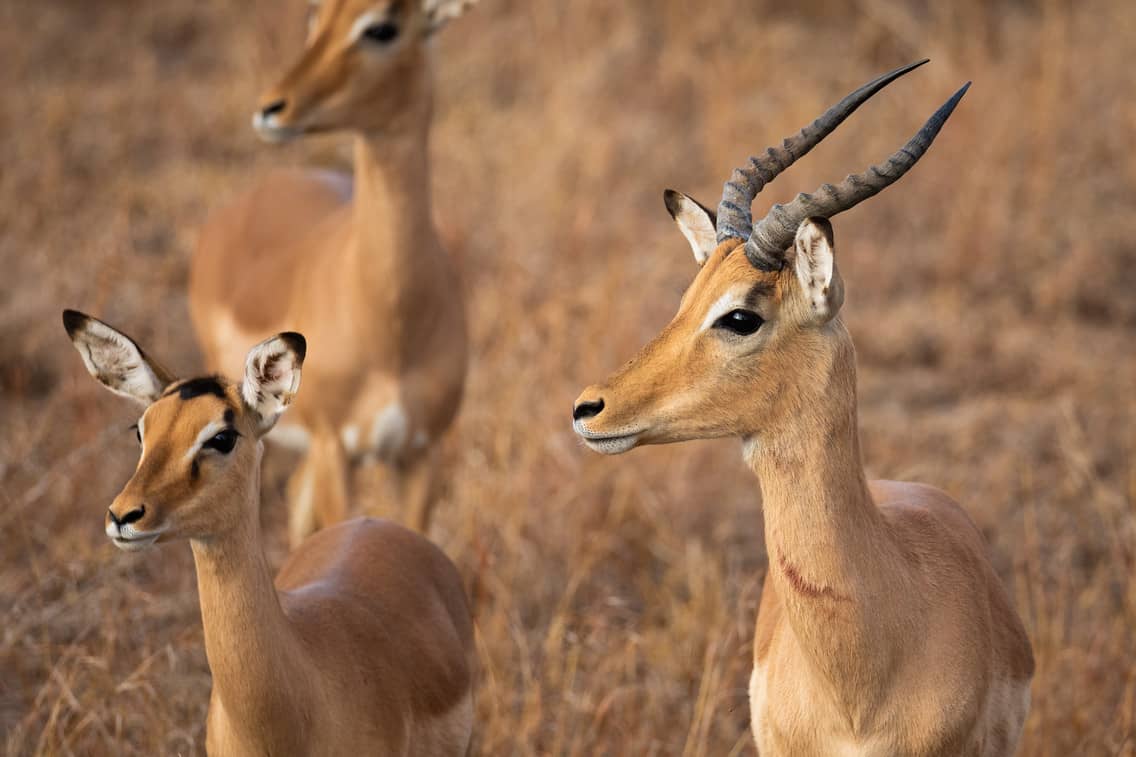
Researchers staying at SSLI Campus in the Kruger National Park can take advantage of opportunities in a highly diverse semi-arid savanna environment. Given the size of the park, the diversity of vegetation types and landscapes, the ecological gradients (soil nutrient, rainfall and fire regime), and the intact faunal and floral communities, the SSLI Campus is ideally located to engage in a broad range of autecological, community, and landscape research as well as for conservation science. Furthermore, the contrast between the protected areas and transforming landscapes outside the park offer significant opportunities for social-ecological studies.
Staff and visiting scientists focus on ecological pattern and process, employing both observational and experimental approaches in short-term and long-term studies. Education and research span a broad spectrum of ecology and conservation including contemporary approaches to plant trait ecology and disease ecology in disturbance-driven environments as well as investigations into the consequences of urbanization on ecological interactions using emerging technologies for biodiversity monitoring.
View this PDF to learn more about SSLI major research themes.
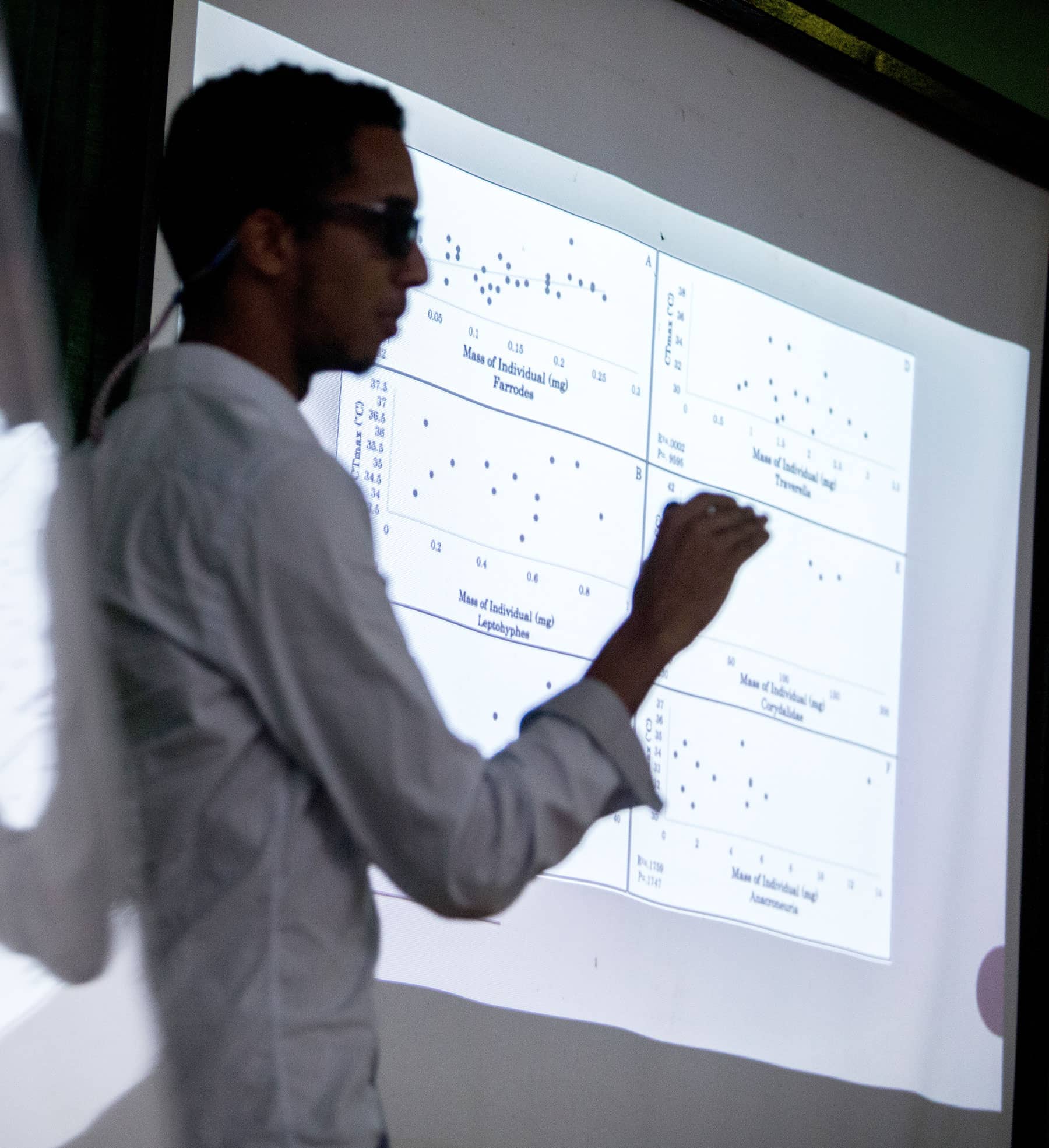
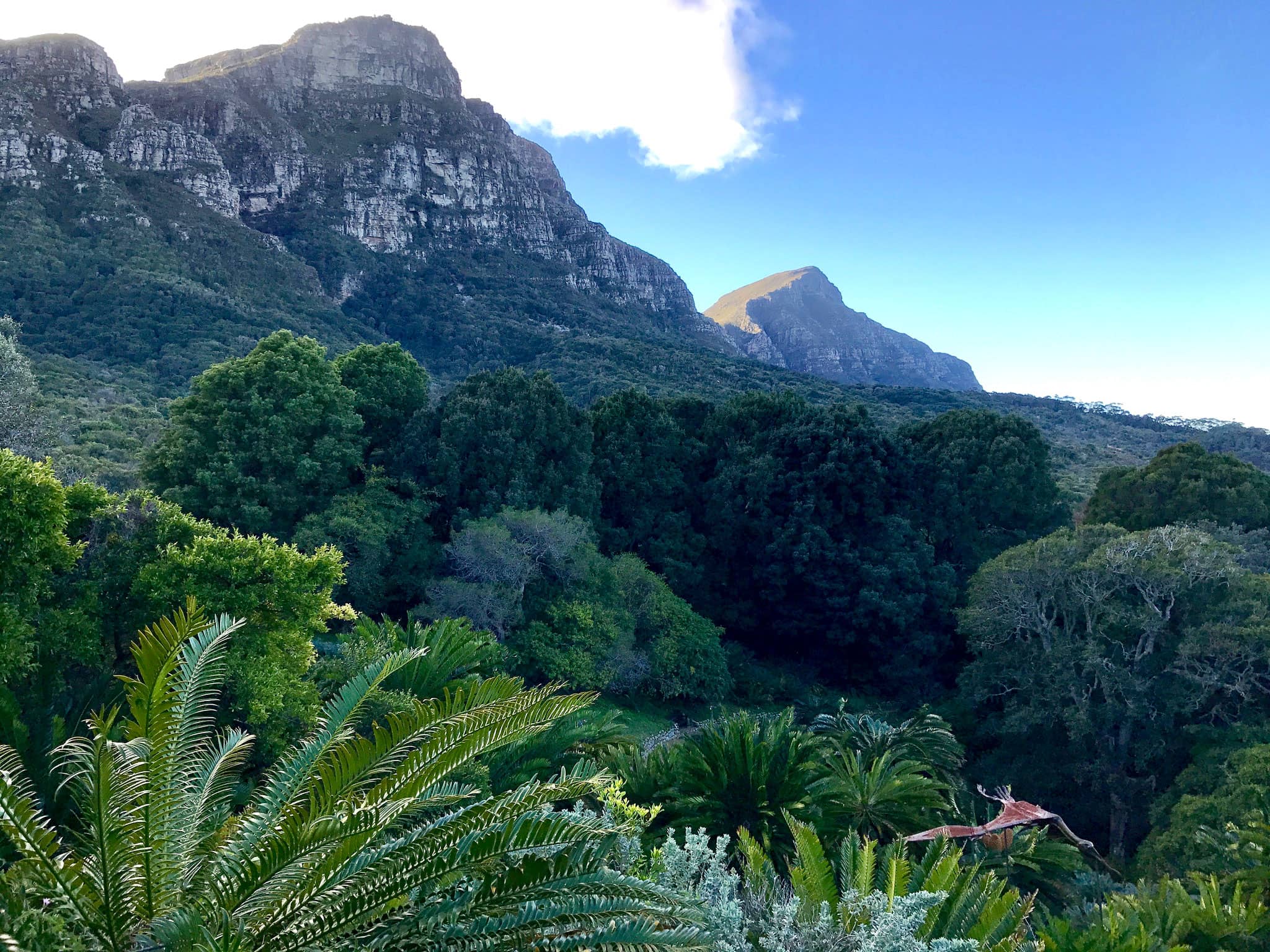
Facilities:
Other available resources: Given the very specific requirements of working in the park and the need to be safe in the field, you will need to work with an armed game guard. Furthermore, it is often useful to have a local student assist in the research, which also contributes to human capital development in South Africa. We can assist with arranging both game guards and student assistants.
Local partners:
South African National Parks (SANParks)
Nsasani Trust
Organization for Tropical Studies
Education and outreach partners (outside of the KNP)
Tshulu trust (Hamakuya region)
University of the Witwatersrand
University of Cape Town
University of the Western Cape
South African Environmental Observation Network
Penreach Schools Programme
South African National Biodiversity Institute
SSLI Campus, Skukuza, Kruger National Park: The SSLI facility is located opposite the Wildlife Veterinary Services building in Skukuza Village (Coordinates: S24.995928°, E 31.588007°)
Additional activities that visitors can do at the station: Game drives/safari in the KNP, Bird walks, Roof top garden and more!
Contact information for those who would like to visit:
